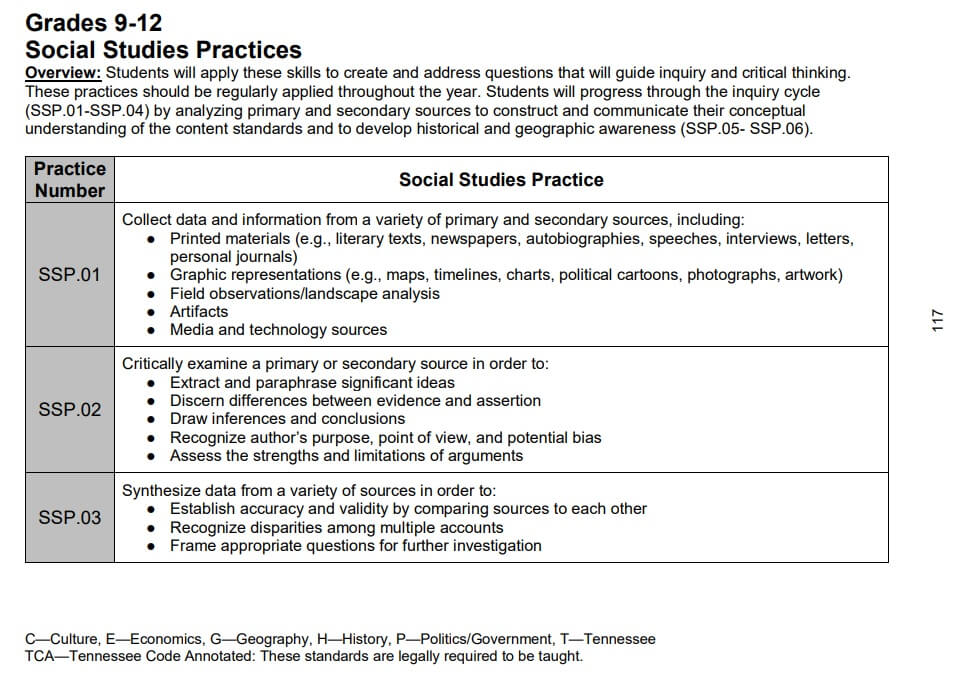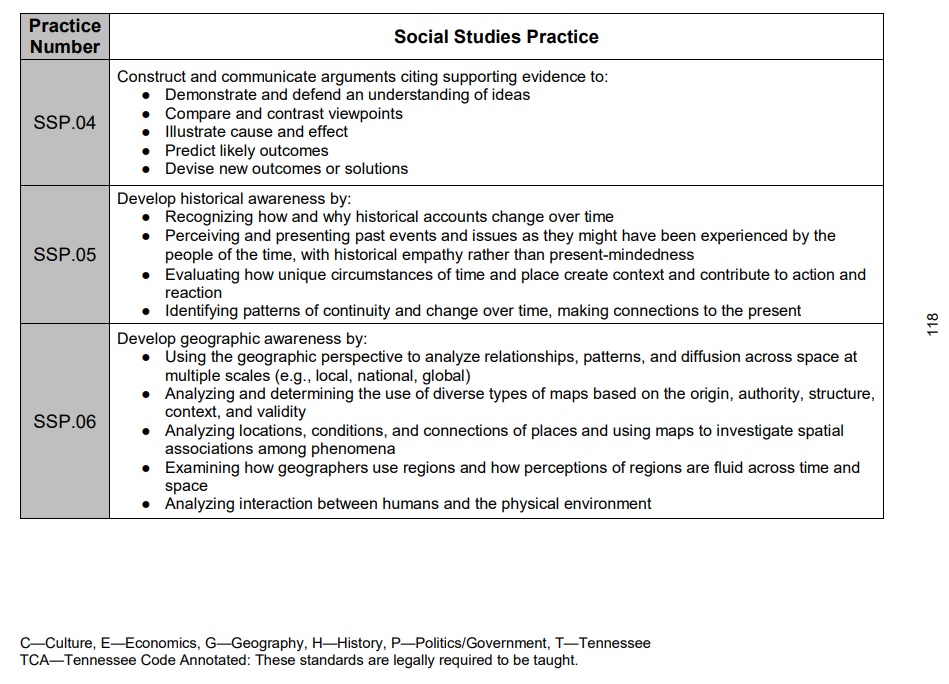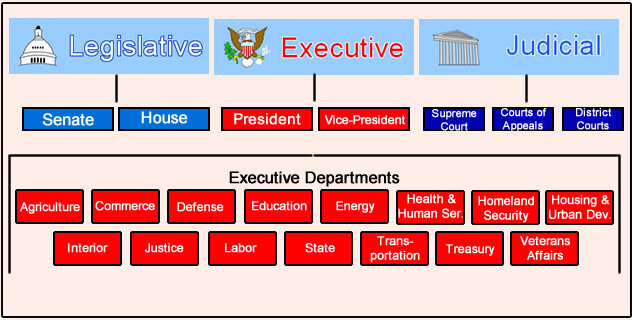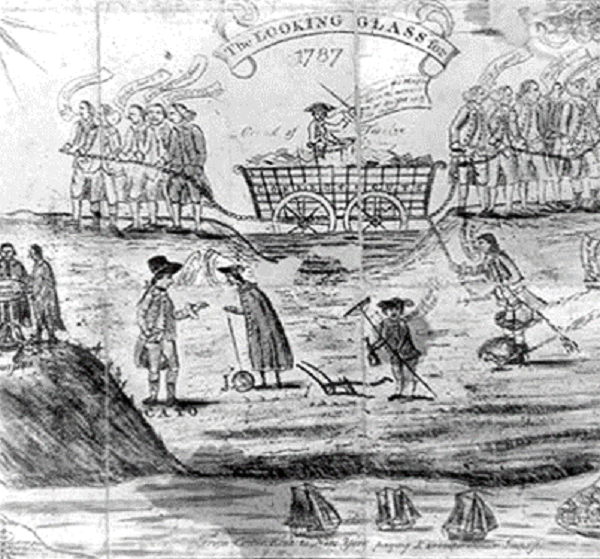
Our Standards
GC | UNITED STATES GOVERNMENT AND CIVICS
Course Description:
Students will study the purposes, principles, and practices of American government as established by the United States Constitution. Students will learn the structure and processes of the government of the state of Tennessee and local governments. Students will recognize their rights and responsibilities as citizens as well as how to exercise these rights and responsibilities at the local, state, and national levels.
This course can be used for compliance with T.C.A. § 49-6-1028, in which all districts must ensure that a project-based civics assessment is given at least once in grades 4–8 and once in grades 9–12.
C—Culture, E—Economics, G—Geography, H—History, P—Politics/Government, T—Tennessee TCA—Tennessee Code Annotated: These standards are legally required to be taught.
Grades 9-12 Social Studies Practices Overview:
Students will apply these skills to create and address questions that will guide inquiry and critical thinking. These practices should be regularly applied throughout the year. Students will progress through the inquiry cycle (SSP.01-SSP.04) by analyzing primary and secondary sources to construct and communicate their conceptual understanding of the content standards and to develop historical and geographic awareness (SSP.05- SSP.06).
C—Culture, E—Economics, G—Geography, H—History, P—Politics/Government, T—Tennessee TCA—Tennessee Code Annotated: These standards are legally required to be taught.




